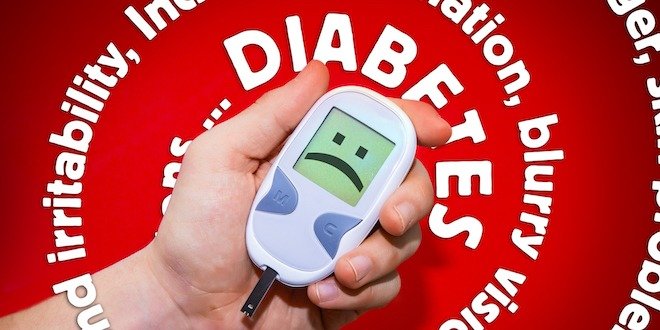Diabetes and anger are very closely related. While it’s normal to be angry at times, severe and prolonged anger should be addressed and managed. Read about diabetes and anger in this article.
Mental health

Diabetes and mental health are very closely linked.
Everyone can feel stressed from time to time. Managing your diabetes, as well as other life demands, can feel very overwhelming. Emotional swings can affect your blood sugar levels, so it's important that you know how to recognize mood changes or stressors and how to deal with them.
It is estimated that 30% of people with diabetes have symptoms of depression at one time or another. Sometimes people living with diabetes feel distressed, which can include feeling frustrated, sad, angry or worried. Diabetes distress is a very common condition, so do not feel that you are alone.
The articles in this mental health section explore these and other commonly seen emotional and psychological issues, and offer helpful tips on how to cope and develop management strategies.
Blood sugar and mood
Your blood sugar is very closely associated with your mood and emotions. Both high and low blood glucose levels can result in a variety of mood changes, including psychological and emotional symptoms.
Depression in teens with type 1 diabetes
There have been a quite a number of news broadcasts about depression and young adults attending university and college
Treatment for depression
When you’re depressed, it may feel like you will never get out from under the darkness. However, even the most severe depression can be treated.
Coping with stress: 5 ideas that work
Whether you are a person with diabetes or a family member, stress can have a negative effect on health.
Diabetes and memory: risks, symptoms and treatment
Diabetes can cause memory loss – especially if you have fluctuating blood sugar levels – in both short-term and long-term ways.







